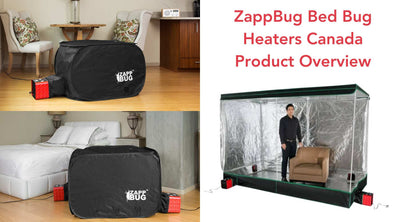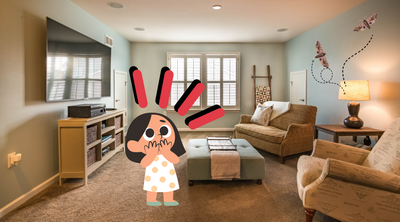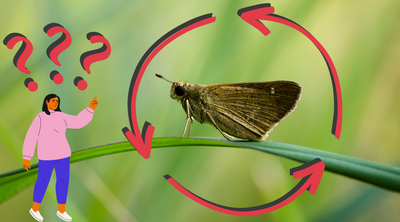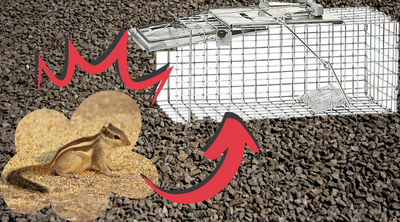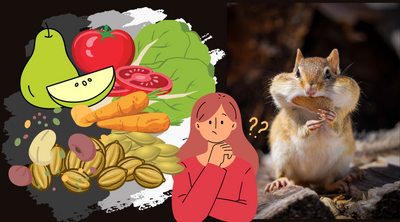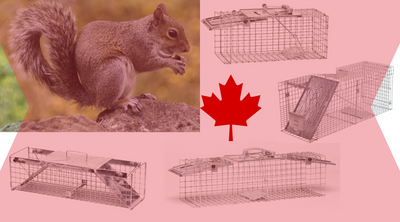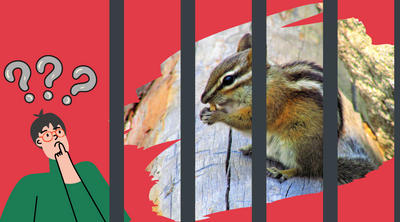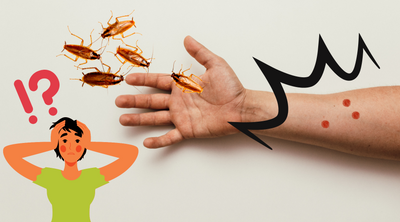One of the worst things that may happen to you outdoors is getting stung by bees, wasps, hornets, or even yellow jackets. Instead of having fun outside, you might end up going home with severe allergic reaction after you were stung. Though there are times when you just can’t avoid these insects, there are things you can do to avoid the stings.
Tips to Avoid Getting Stung Outdoors
Let’s dive into some of the things that will save you from being the next target of these insects.
1. Avoid wearing bright and floral clothing
These types of clothing attract these insects, so you might want to avoid wearing bright colours when going out. You should wear light-coloured or plain-coloured clothing. Try wearing red. Unlike yellow and white, insects are not able to see red.
2. Avoid putting perfumed shampoo and soap or putting fragrance.
One of the main reasons why you can attract bees or wasps is they assume that you are a flower or a plant because of your smell. If you want to avoid these insects from getting near you, make sure that you don’t smell like a flower. Don’t wear cologne, perfume, or even aftershave.
3. Keep your body and clothes clean.
One thing that may aggravate these insects is the smell of sweat. This will result in making them more aggressive.
4. Avoid leaving food out during the warmest hours
Bees and wasps are more active in warm temperatures, so avoid leaving sweet drinks and food out at these hours.
5. Never attempt to hit it
Despite trying to drive them away, these insects will try to sting you because they feel threatened. It’s best that you remain calm and do gentle movements when a bee or wasp is near you.
6. Never run
Though it is your initial reaction to run away from them, it is ideal that you stay calm. Walk away as calmly as possible. Avoid waving your hands or fussing around as commotion effortlessly attracts insects.
7. Always check your drinks or food
If you are planning to eat out or have a picnic, it is recommended that you keep your food in food containers with a wide opening. When you are not yet going to eat keep all containers closed.
Bees love anything sweet while wasps will go near anything with yummy odour. A wide opening will help you check if your drink or food has insects in them. You might end up getting stung if you accidentally move or touch anything where these insects landed.

8. Don’t burn incense or scented candles
It might be tempting to burn scented candles or even incense when spending time outside to relax, but it’s not a good idea. If you know that there are stinging insects outside, don’t light any incense or scented candles to avoid attracting them.
9. Never touch or disturb beehives and wasp nests
Just think about this, wouldn’t you get angry if someone keeps banging on your door? It’s similar to what these insects would feel. They will do their best to defend and protect their home. So, might as well stay away from their homes.
10. Never attempt to crush or squash wasps
Since a bee will only sting once, you might find a dying bee anywhere near you. As much as you want to crush or squash it because the sting site on your body is getting worse, try not to do it.
This will release an odour that will attract the rest from their nest and avenge or defend it from you. So, try to keep your frustrations inside and let them be.
Do the same with wasps. Since a wasp stings repeatedly, you may feel more tempted to kill it. Hold it in, as you don’t want more of them coming after you.
11. Don’t wear loose clothes
Though these clothes are more comfortable, bees and wasps may find a way to go up your pant leg or your shirt. Of course, once they get in, the first thing you’ll do is slap it. Now, this is one thing you don’t want to do.
Make sure that you also wear long pants when visiting places with a high concentration of bees like fields. Wear tight-fitting pants to avoid getting them inside when strolling.
12. Avoid going out barefoot
There are times when these insects build their nests underground. So, try to always wear shoes or closed-toe footwear when going out.
This is also advisable to do at all times when you have flowering plants that are really low. Bees might tend to be at these levels and unintentionally sting you when they feel threatened.
13. Keep car windows closed
The last thing you want to deal with when driving is a bee or wasp panicking to go out of your car. So, how can you prevent this from happening? Keep your windows rolled up.
In case you still end up driving with an unwanted insect inside your car, pull over and roll down your windows. You can also keep a door open to give it a wider opening to come out. Never try to swat it while driving to avoid accidents!
14. Bad vibrations
If there are hives or nests nearby, you might want to avoid power trimming or mowing. The strong vibrations will make them threatened and go after you.
15. Wear a hat
Since furry animals are known to steal honey, bees or wasps may assume that you are one because of your hair. Wearing a hat will lower the chance of getting stung by these insects.
16. Don’t use pesticides
When a bee or wasp lands in front of you, it might be ideal to spray it with pesticide. However, you shouldn’t try to spray an entire nest if you don’t want to get into big trouble. If you’re dealing with aggressive species, this might upset them and get back at you.
Spraying pesticides may also bring risks to your children or pets. This is also detrimental to your plants. Make sure that you always use it with caution.
A wasp or a bee stings whenever they feel threatened. Oftentimes, they release this alarm pheromone that calls for the rest of their kind and comes for the target that threatened them.
It is given that a bee can sting once while wasps can sting multiple times. Both bee and wasp venoms can result in life-threatening reaction if you are allergic to it. If you are dealing with lots of these insects, you should use safe and effective pest control products to handle the infestation. Also, you can avoid getting stung by doing the tips mentioned above.

